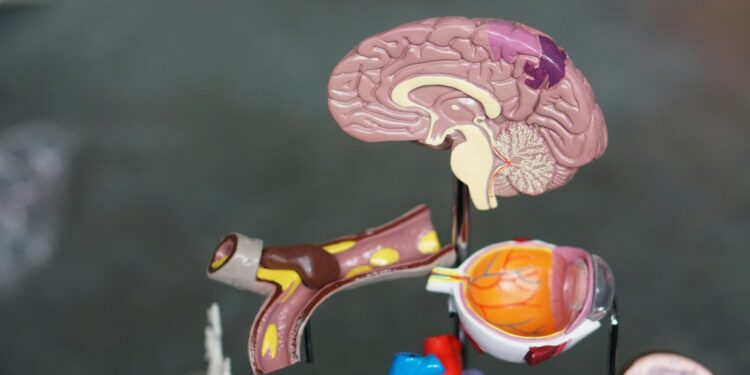Widespread Confusion On Treating Severe Allergies Revealed
Anaphylaxis is a severe allergic reaction that can occur rapidly and can be life-threatening, even from minimal exposure to allergens like peanuts or eggs. Recent research indicates that individuals with allergies and their caregivers often lack clarity on how to act when anaphylaxis occurs, leading to hesitation in seeking emergency help. Additionally, there is considerable variability in how emergency medical services (EMS) protocols for treating anaphylaxis are defined and implemented across different states.
Dr. Carly Gunderson, an allergy and immunology specialist, highlighted that many EMS anaphylaxis protocols are outdated or incomplete. This inconsistency includes variations in the definition of anaphylaxis, treatment recommendations, and the protocols used by EMS teams before transporting patients to hospitals. The findings were presented at the annual meeting of the American College of Allergy, Asthma and Immunology (ACAAI).
In a separate study led by Dr. Sasha Alvarado, a survey of 96 patients and caregivers in an allergy clinic revealed significant gaps in knowledge regarding anaphylaxis. Although 95% of respondents had been prescribed epinephrine, the essential treatment for anaphylaxis, only 14% felt confident using it as a first response during an allergic reaction. Many participants expressed uncertainty about recognizing symptoms, reluctance to visit the emergency room, and a lack of understanding of how to use epinephrine auto-injectors.
The research also indicated that confusion regarding anaphylaxis is not limited to patients. Differences in EMS protocols were noted across 30 states, particularly in defining and treating the condition. Only half of the states included gastrointestinal symptoms in their definitions of anaphylaxis, and just 40% recognized neurological symptoms. While most states recommended epinephrine as the first-line treatment, fewer provided auto-injectors for use in emergencies.
These findings emphasize the critical need for better education for allergy patients on recognizing and managing anaphylaxis effectively. Additionally, there is a pressing requirement for standardized EMS protocols to ensure consistent and effective treatment across various regions. The study results, presented at a medical conference, are preliminary and will require further validation through peer-reviewed publication.

































Discussion about this post